There are many aspects to the usage of vibhuti or sacred ash. First of all, it is a great medium to transfer or transmit energy, and it has an ability to help direct and control the energy body. Apart from that, there is a symbolic significance to applying it on the body. It is a constant reminder of the mortal nature of life – it is like you are always wearing mortality on your body.
Normally, yogis use the ash that they pick up from the cremation grounds as vibhuti. If this ash cannot be used, the next alternative is to use cow dung. There are other substances used but the basic material, the body of it, is cow dung. If even this ash cannot be used, the next alternative is to make it of rice husk. This is indicative that the body is not the core substance, it is just the husk.
Why do we use sacred ash?
Unfortunately, in many places it has become a scandalous business where they are just giving a certain white rock powder as sacred ash. But if it is properly prepared and you know where and how to apply it, sacred ash makes you much more receptive and the place where you apply it on your body becomes more sensitive and goes towards the higher nature.
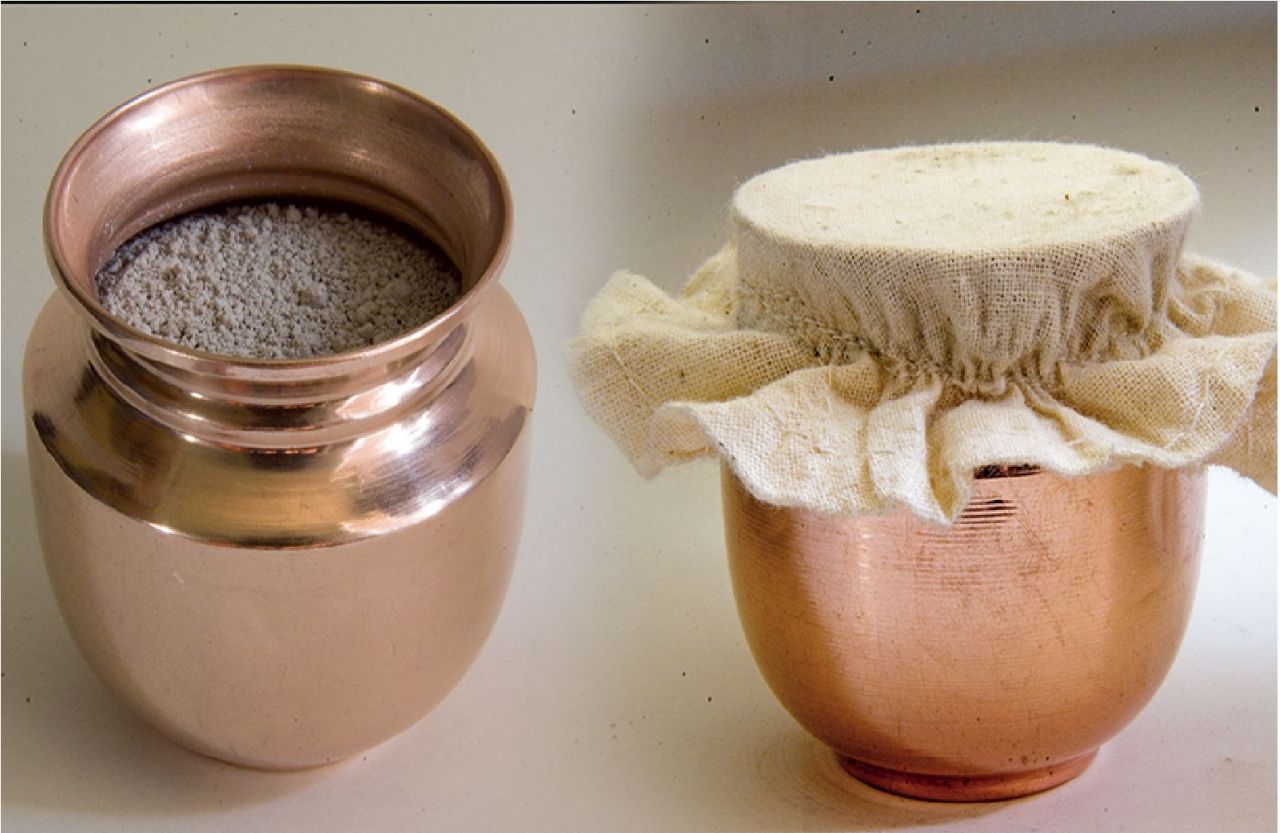
So, before you step out of the house in the morning, you apply sacred ash at certain points to receive the divine around you, not the devil. Depending on which aspect of you is receptive at that moment, you can receive life in different ways and from various dimensions of who you are. You must have observed this – at one time, you saw something and experienced it in a certain way. Some other time, you saw the same thing and experienced it in a totally different way. The way you receive life makes the difference. So, you want the higher aspects of you to be receptive, not the lower.
Within your physical body, there are seven basic centers representing seven dimensions of experiencing life. These centers are known as chakras. A chakra is a certain meeting point within the energy system. These chakras are not physical, they are of a subtle nature.
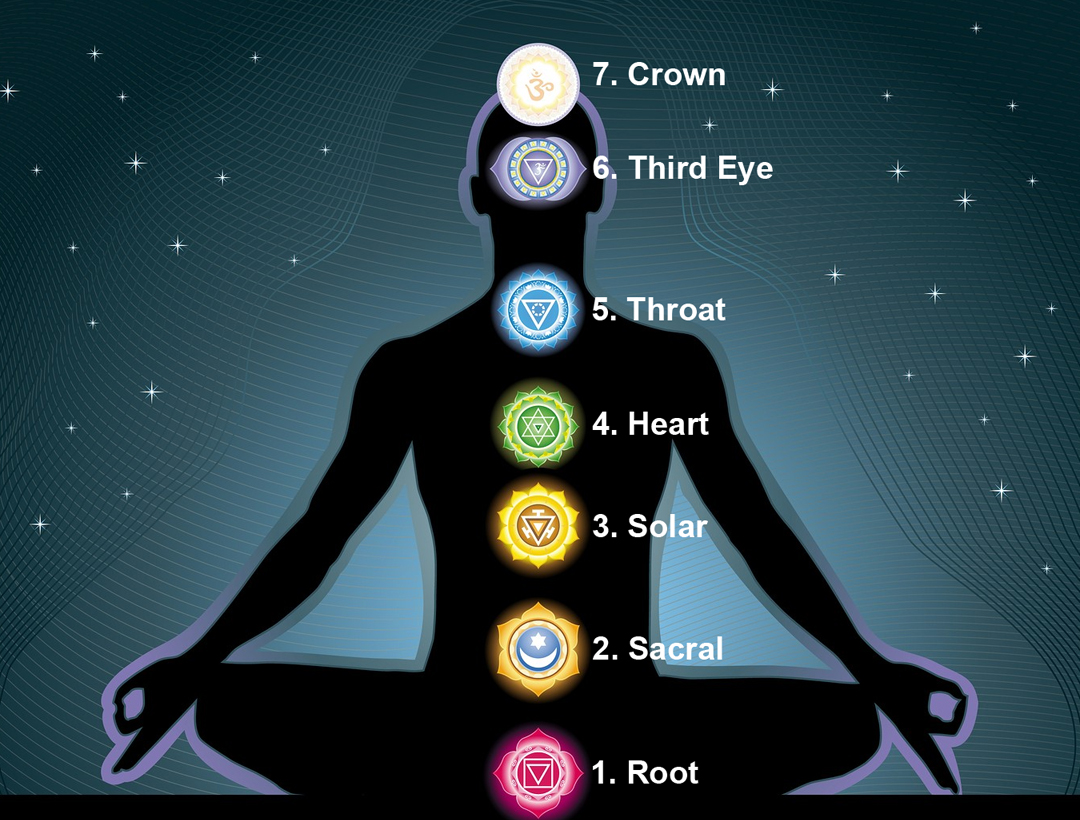
One can experientially know these chakras, but if you cut the body and see, you will not find any chakra. As you move into higher levels of intensity, naturally the energies will rise from one chakra to another. If you receive life from the higher chakras, the same situation will be different for you than if you receive life from the lower chakras.
How should we apply sacred ash?
Traditionally, vibhuti is taken between your thumb and your ring finger – you don’t have to pick up a lot of it, just a little bit – and applied between the eyebrows, known as the agna chakra, at the pit of the throat known as the vishuddhi chakra, and in the center of the chest where the ribcage meets, known as the anahata chakra. It used to be common knowledge in India that you must apply it at these points. The reason why these particular points have been specified is because sacred ash makes them more sensitive.
Vibhuti is usually applied at the anahata so that you receive life as love. It is applied at the vishuddhi so that you receive life as power; power does not mean just physical or mental power, there are so many ways in which a human being can be powerful. The idea is to make the life energies very strong and powerful so that your very presence has an influence on life around you – you don’t have to speak or act – if you simply sit, you influence the situation around you. This kind of power can be developed within a human being. Vibhuti is applied at the agna so that you receive life as knowledge.
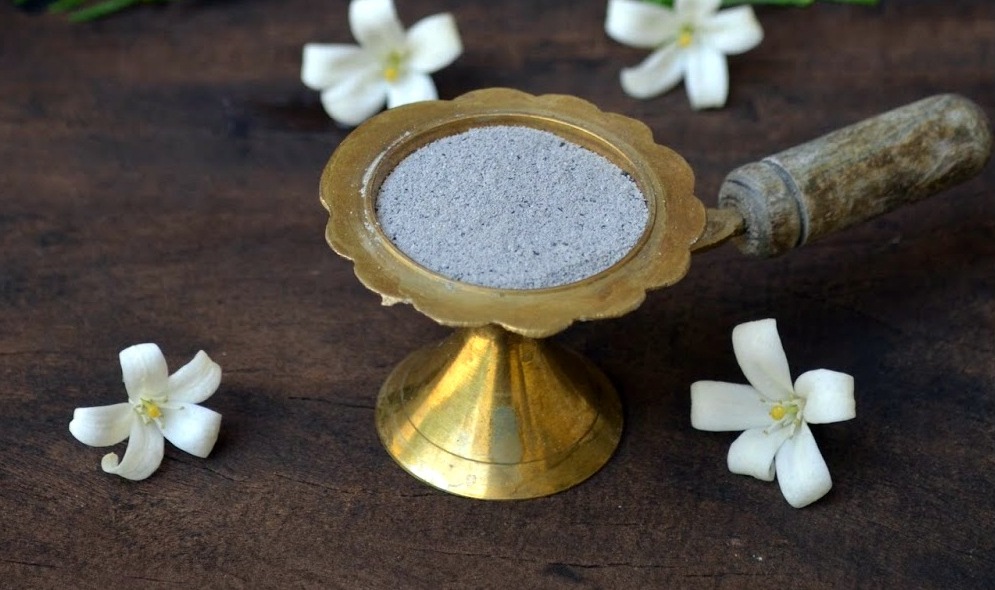
This is a very deep science, but today, without understanding the science behind it, we simply apply it like a stripe on the forehead. The one who has stripes one way does not agree with the one who has the stripes another way – this is stupidity. Vibhuti is not something that Shiva gave, or this or that god gave. This is not a question of belief. In Indian culture, it has been looked at deeply as a tool for a person’s growth. Properly prepared sacred ash has a different vibrancy. There is a need to revive and make use of the science behind this.
Source: www.ishafoundation.org

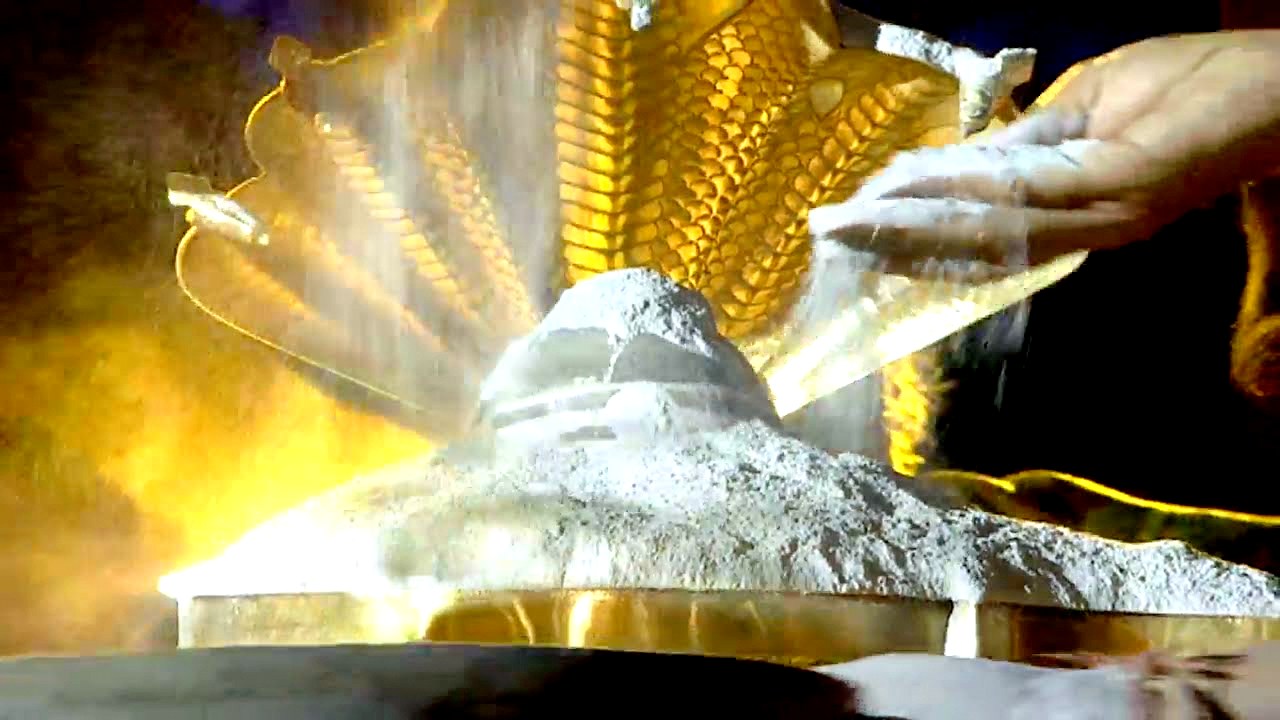
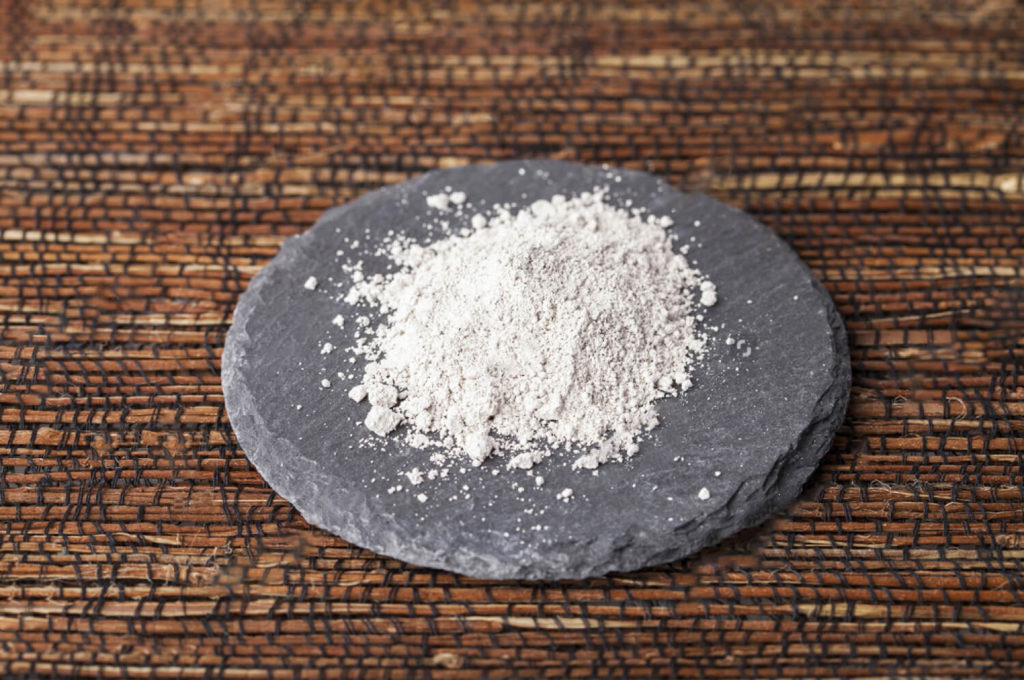

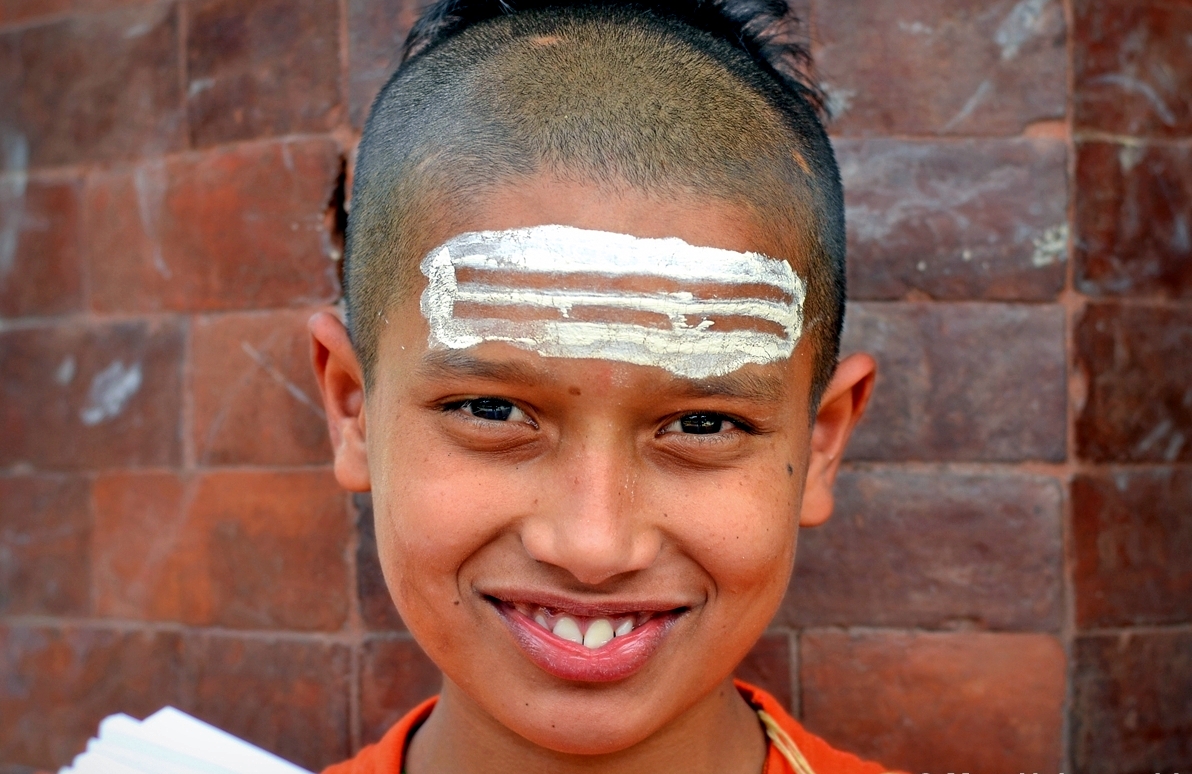












Articles are thought provoking and very useful
Good article. Makes one want to know more.
My grandmother, who must be over a hundred years if alive, explained to me about how Veebhuthi is made. They used to traditionally make it in their agrahaaram.So much knowledge of astronomical calculations, of the different breeds of cows and the quality of their dung with and without a calf, of the making of the cowdung patties (veratti) the place, time, position and manner in which the verattis had to be piled, covered with which kind of paddy straw, how to set fire to and to burn the pile, for how long, the strict ‘aachaaram’ to be followed by the person making the Veebhuti, the mantras to be recited, the food to be eaten etc. It was a very sacred endeavour deserving the full focus and commitment it demanded.
Your article makes me understand why this is necessary.
My grandmothers and later my mother also made kaajal (mai) for the eyes. A fascinating process, with so much true science to it. We cannot call the modern stuff we get in the bazaar, even the most expensive of them as ‘mai’. tbthe most they can be called eye-black for they cannot and will not serve us as real ‘mai’ does. The “sacred” will be missing in them.
Recognising our ancient
Thanks
IN regards to Veebhuthi
can anyone tell me or email me some good mantras if I prepare and make some please?
Jai Shree Siva No Ma Ha
OUR CULTURE REALLY GREAT. BUT IN PRACTICE PEOPLE OR NEGLECTING THE ROOTS . STILL WE SHOULD BE PROUD SOME WERE DOING THEIR BEST EFFORTS IN THE LIME LIGHT.
The Indian culture is very great.very useful information for all the human beings.
I HAVE BEEN APPLYING VIBHUTHI AS IS BEING GIVEN IN THIS COLUMN WITHOUT KNOWING THE FACTS OR GOODNESS OF THE SAME. THANKS FOR ENLIGHTENING. BEST WISHES.
This information is very useful. Our Indian culture is really very great.
Very interesting, now I learnt the meaning and value behind this sacred act.
Thanks
Raksha
Great stuff….some very enlightening information.
Good informations.I used prepare vibudhi with cow dung energise it with manthras and use it for various purpose even as medicine for ordinary ailements.Any manthra repeatedly should be chanted while preparing the vibuthi or before appliyng it
The ash of cow dung is black how to prepare vibhuti in a simple way and which mantra
how to make and when , which mantras should be jap? OR where can i get ?any one please email me.